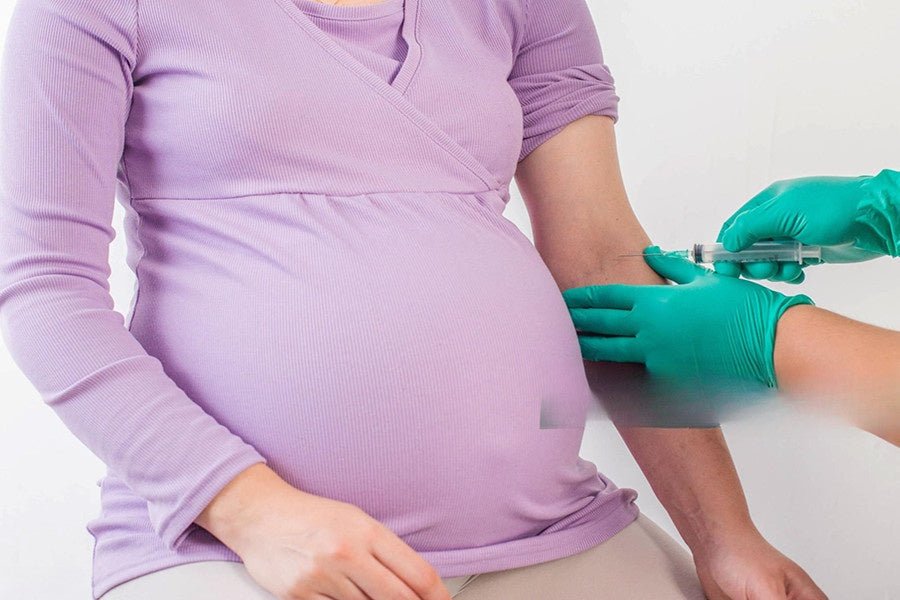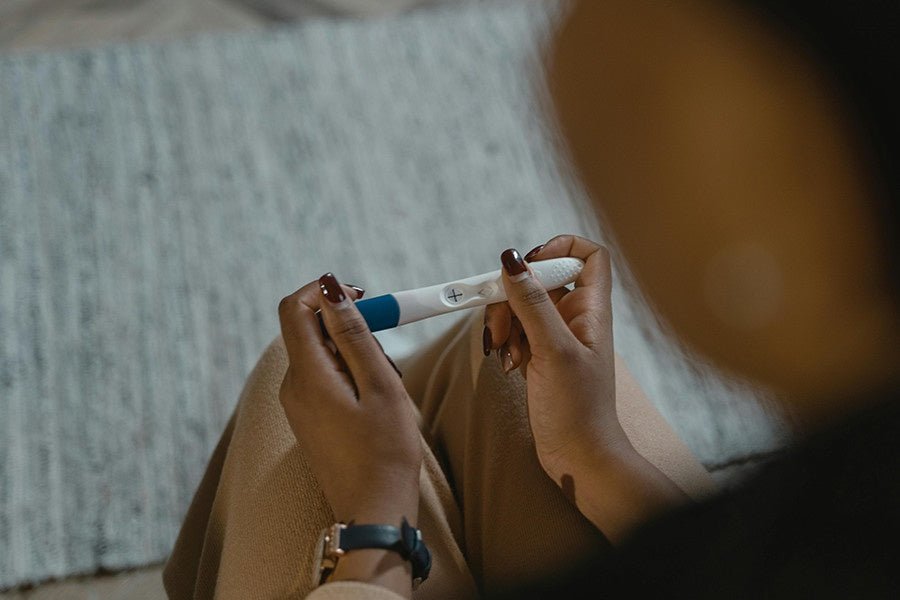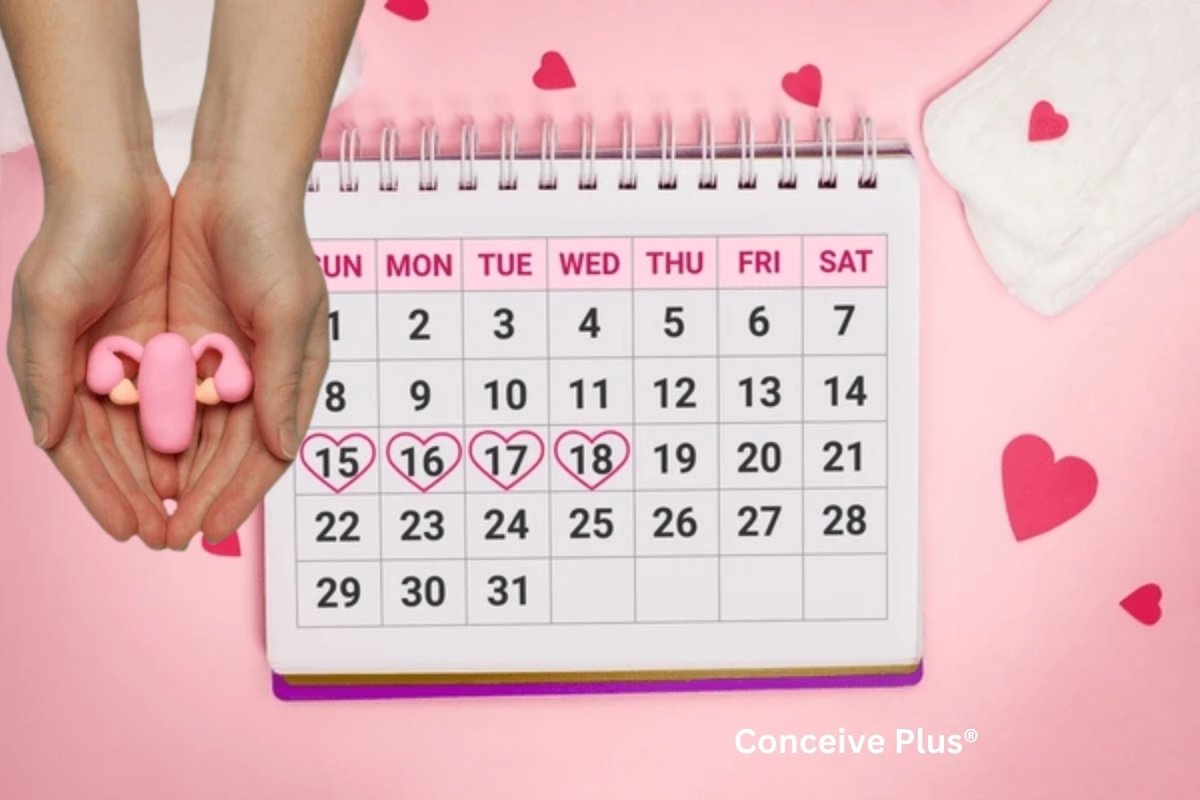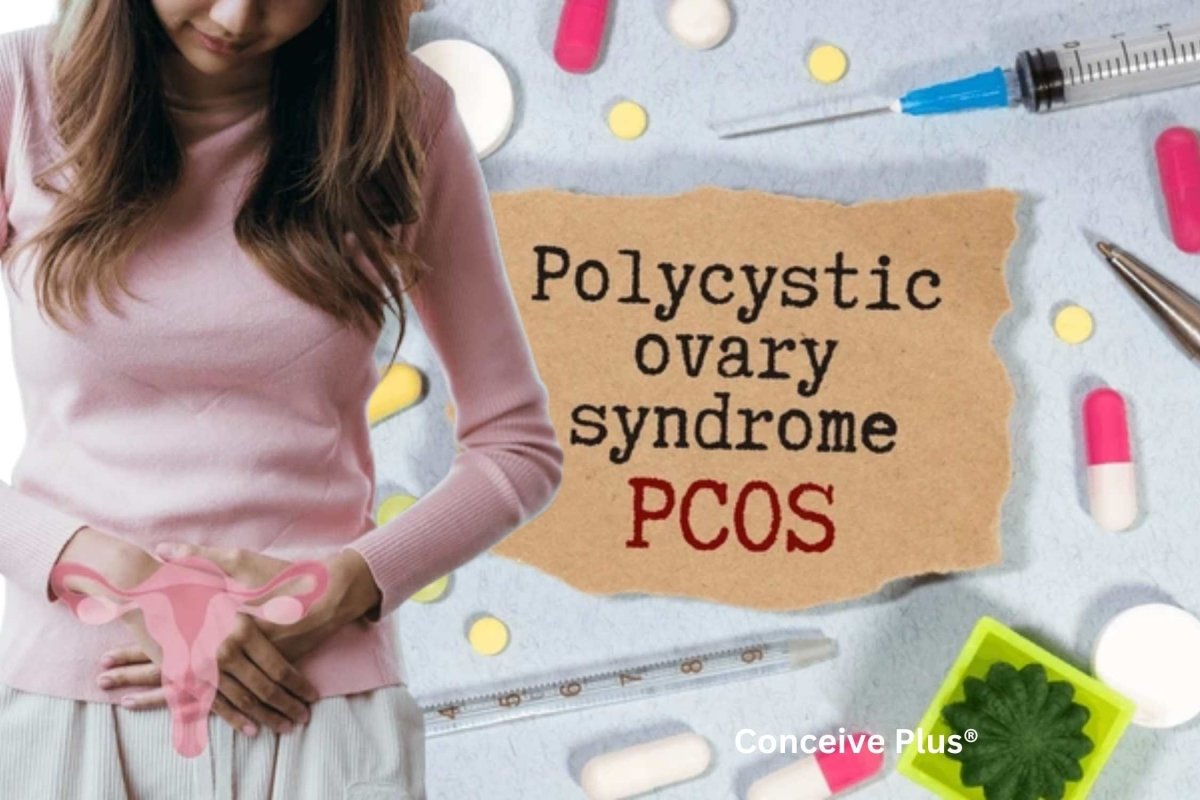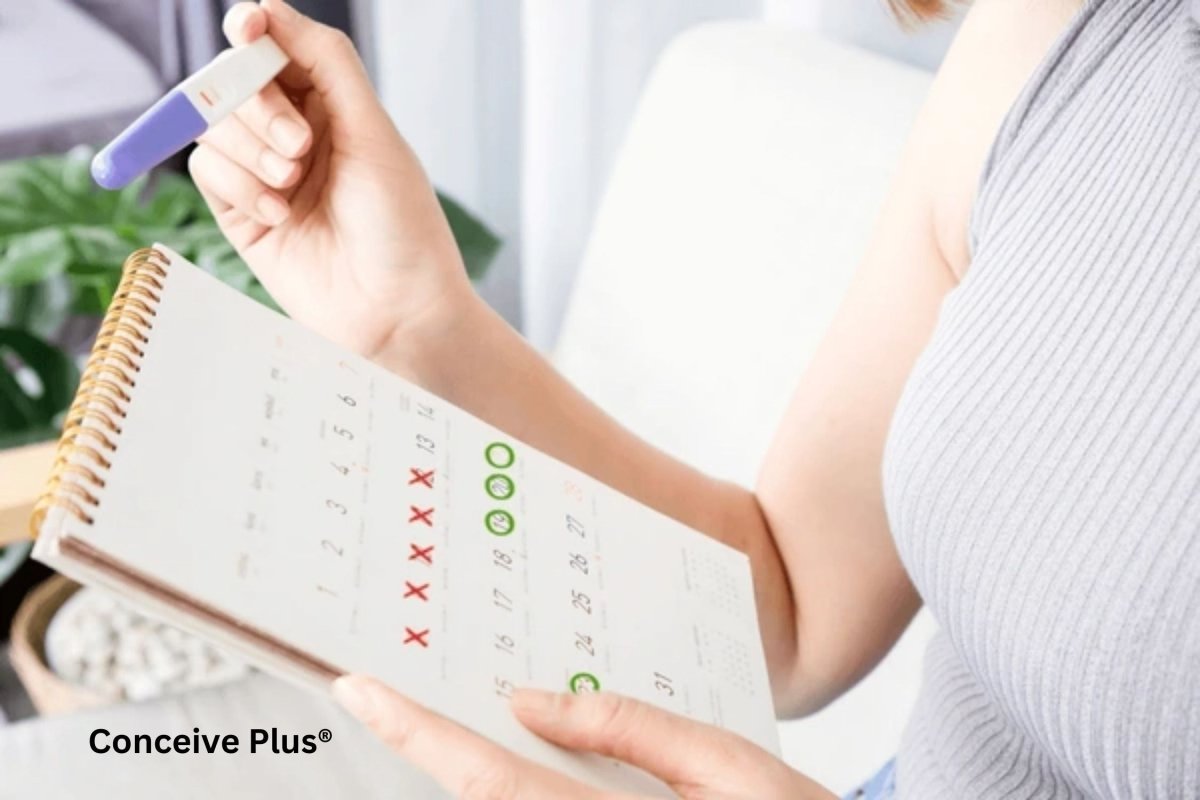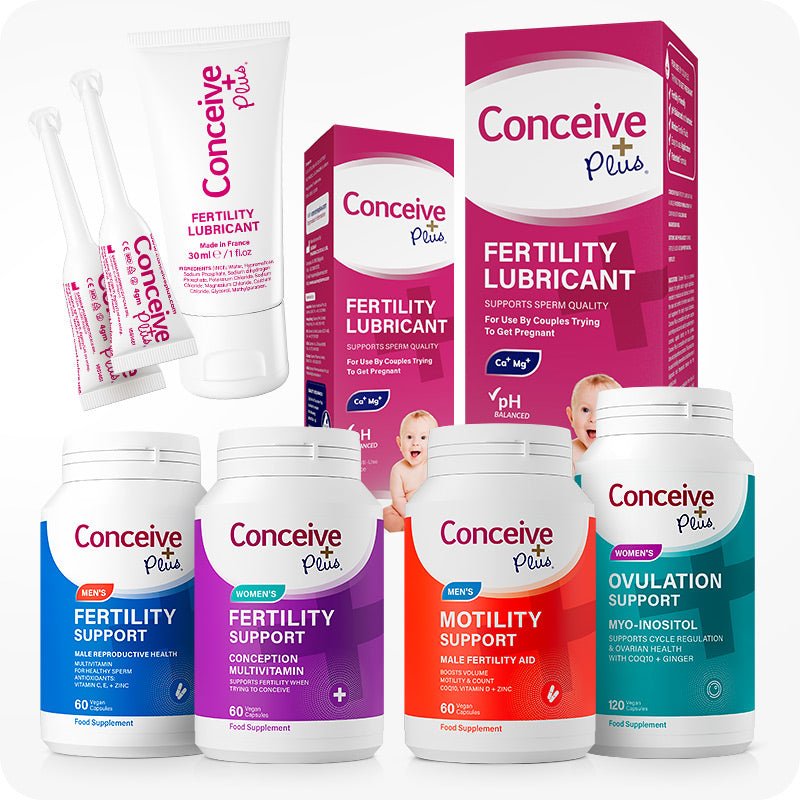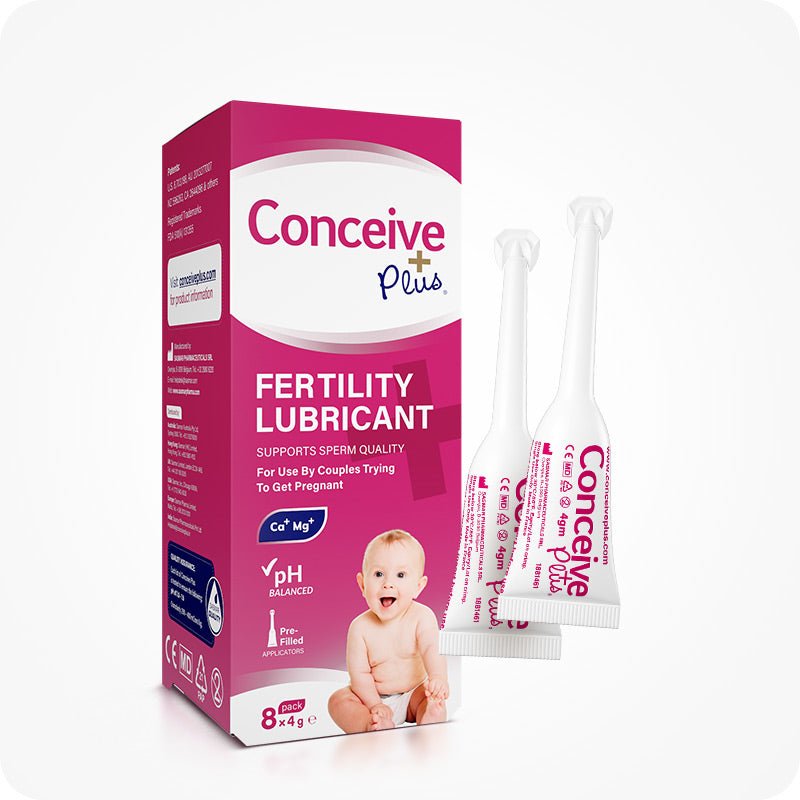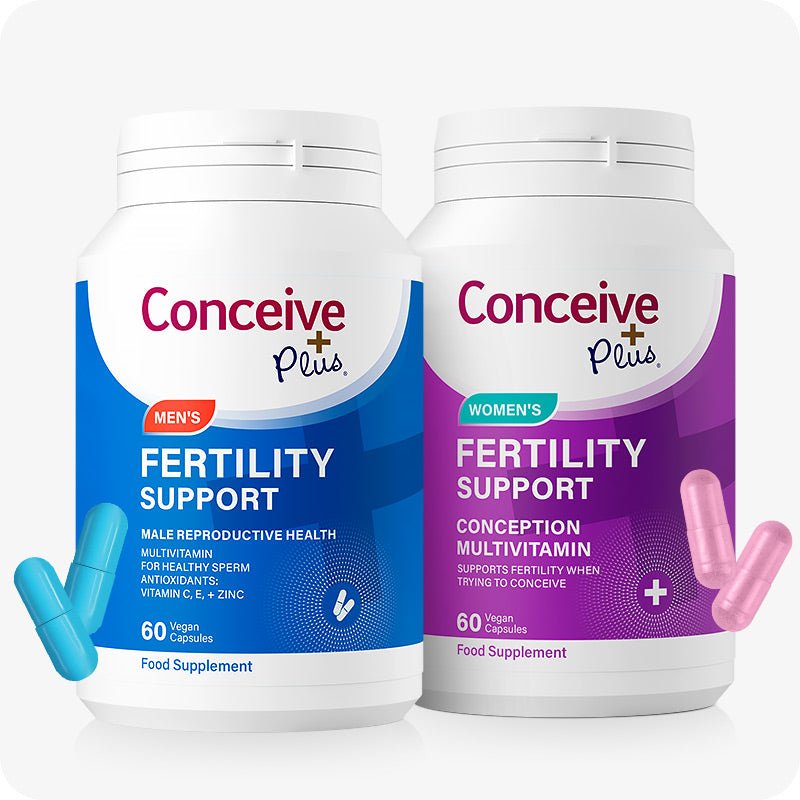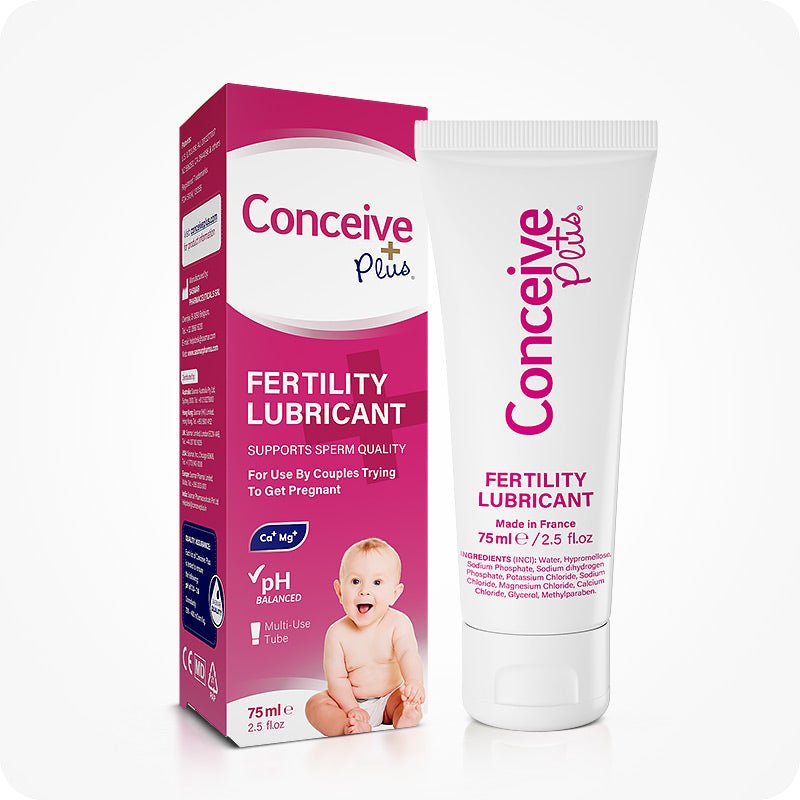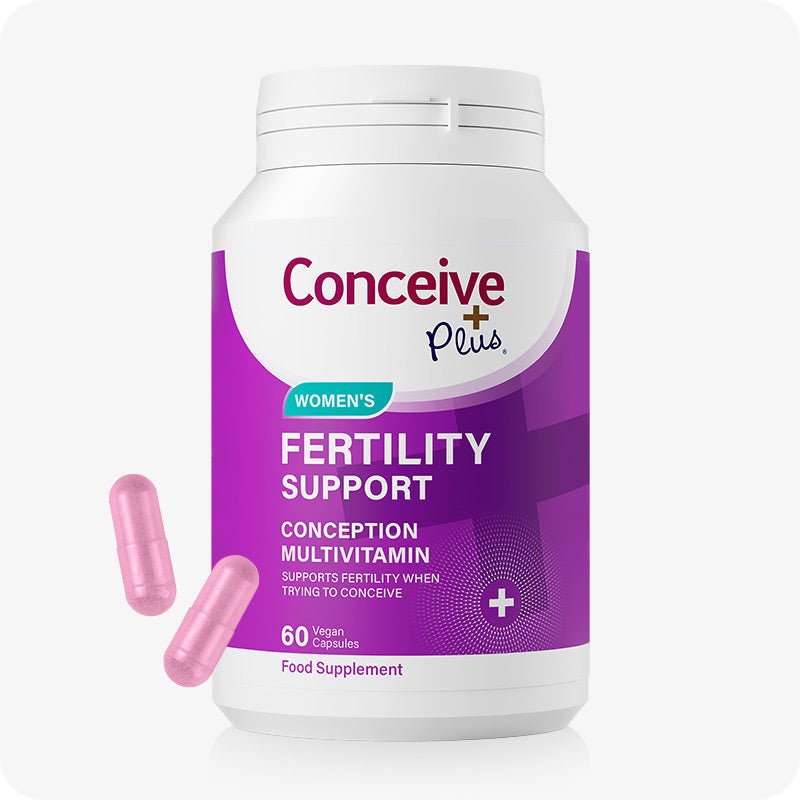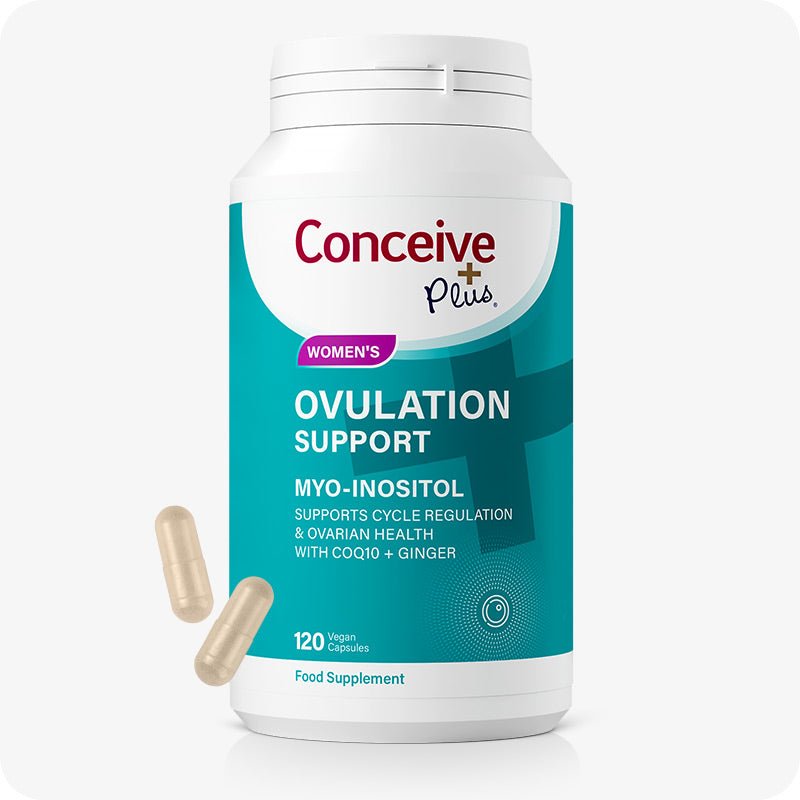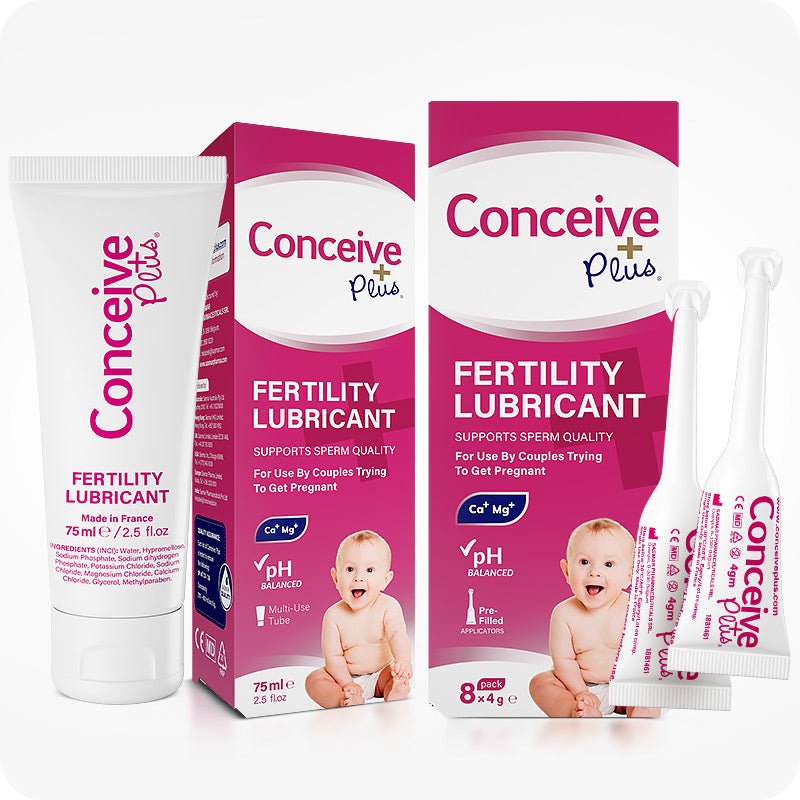Fertility: 5 Things You NEED To Know
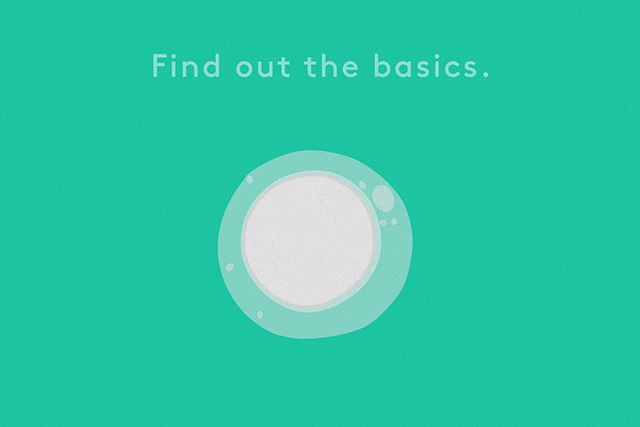
The questions young women face aren’t easy. How do we deal with our declining fertility and staying competitive with our male colleagues during our 20s and 30s? Selvaratnam takes a meted, reasonable approach to the material; she’s not encouraging anyone to run out and get pregnant before they’re fully ready. But, what she does emphasize is how quiet the conversation remains on women’s fertility.
We need to be talking about this stuff — even if the idea of having kids seems far, far away. We need to take control of our health destinies, understand the reality of IVF, and acknowledge the unbending biological clock. Ahead, five ways you can take control of your fertility, right now. “Talk to your doctor and check out websites for the Centers for Disease Control, Guttmacher Institute, Planned Parenthood, and RESOLVE, to name a few.
The number of eggs at our first menstrual cycle is around 300,000 to 400,000. By age 30, we’re down to between 39,000 and 52,000 (13% of the eggs we had at puberty). By age 40, we’re down to between 9,000 and 12,000 (3% of the eggs we had at puberty) — and not all of those eggs are viable.
At the age of 15, a woman has a 40% to 50% chance of conceiving per cycle, but after age 35, she has a 15% to 20% chance. At 45? She has a 3% to 5% chance.” “We need to be asking ourselves, ‘Do you want to be a mother? Do you want to have a career? What does an ideal balance look like for you, and what steps do you need to take to achieve it?’ I think it’s very important for the discourse around these issues to be normalized so that people have more open conversations. Because often, the conversations feel too confrontational. Like with mothers and teachers telling young women, ‘It’s time for you to have a child; don’t delay,’ — it feels too imposing. I think if people really opened up the conversations to be more frank and understanding where they really talk to each other about their goals — and I think that progress can be made. In my case, I wish that someone had said, ‘You might not want a kid in your 20s, but there might be a time later on when you do, so think about how to prepare yourself for that.’ For instance, now, young women have so many more tools at their disposal.
There is so much more information out there they can seek. They just don’t know where to start. No one is telling you to go to this site and look at these fertility charts. And, they’re not telling you that you might want to think about freezing your eggs while they’re in their optimal quality. By the time you get to your 30s, that quality starts to decline, so maybe you want to freeze them in your 20s so you have more options later on.
Egg freezing isn’t a guarantee. It might not work out because you’ll be relying on reproductive science because you won’t be doing it naturally. But, it is an added sense of security to have pursued fertility preservation when you’re at your peak.” “Consider a fertility workup to get a better idea of your personal biological timeline and any underlying issues. Speak to your doctor about what this might entail and ask in advance what it will cost you.
For example, you can have your AMH (Anti-Mullerian Hormone) levels tested, which can help predict your ovarian reserve, through blood work. It’s really the AMH levels and FSH levels that you want to test — AMH being the anti-müllerian hormone and FSH being the follicle stimulating hormone — both of which are indicators of your ovarian reserve (basically your egg reserve and egg quality). The good news is the blood-work tests aren’t very expensive. You’ll be out a couple of hundred dollars. “If you’d like to have children with a partner, be open to a partner who will be a good parent. Before making serious commitments to a partner, think and talk about your respective reproductive goals and parenting approaches. It’s important for people to have open conversations with their partner because both members of a couple should not feel like they’re alone in their pursuit
Information about Conceive Plus
If you have just started trying to get pregnant or have been trying for a while, Conceive Plus® can help increase your chances of conception naturally! Recommended by doctors, pharmacists and fertility clinics in more than 60 countries, this is the fertility friendly lubricant approved by the FDA and a prescription is not required.


